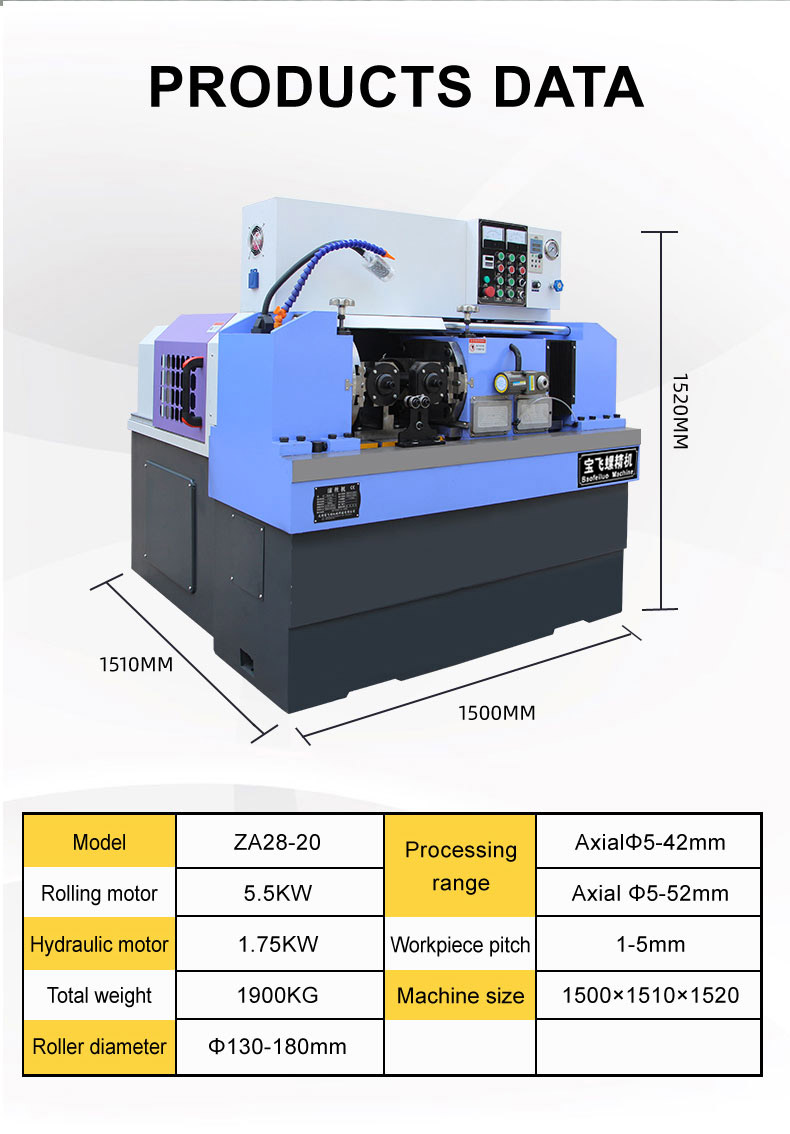
-
 Afrikaans
Afrikaans -
 Albanian
Albanian -
 Amharic
Amharic -
 Arabic
Arabic -
 Armenian
Armenian -
 Azerbaijani
Azerbaijani -
 Basque
Basque -
 Belarusian
Belarusian -
 Bengali
Bengali -
 Bosnian
Bosnian -
 Bulgarian
Bulgarian -
 Catalan
Catalan -
 Cebuano
Cebuano -
 Corsican
Corsican -
 Croatian
Croatian -
 Czech
Czech -
 Danish
Danish -
 Dutch
Dutch -
 English
English -
 Esperanto
Esperanto -
 Estonian
Estonian -
 Finnish
Finnish -
 French
French -
 Frisian
Frisian -
 Galician
Galician -
 Georgian
Georgian -
 German
German -
 Greek
Greek -
 Gujarati
Gujarati -
 Haitian Creole
Haitian Creole -
 hausa
hausa -
 hawaiian
hawaiian -
 Hebrew
Hebrew -
 Hindi
Hindi -
 Miao
Miao -
 Hungarian
Hungarian -
 Icelandic
Icelandic -
 igbo
igbo -
 Indonesian
Indonesian -
 irish
irish -
 Italian
Italian -
 Japanese
Japanese -
 Javanese
Javanese -
 Kannada
Kannada -
 kazakh
kazakh -
 Khmer
Khmer -
 Rwandese
Rwandese -
 Korean
Korean -
 Kurdish
Kurdish -
 Kyrgyz
Kyrgyz -
 Lao
Lao -
 Latin
Latin -
 Latvian
Latvian -
 Lithuanian
Lithuanian -
 Luxembourgish
Luxembourgish -
 Macedonian
Macedonian -
 Malgashi
Malgashi -
 Malay
Malay -
 Malayalam
Malayalam -
 Maltese
Maltese -
 Maori
Maori -
 Marathi
Marathi -
 Mongolian
Mongolian -
 Myanmar
Myanmar -
 Nepali
Nepali -
 Norwegian
Norwegian -
 Norwegian
Norwegian -
 Occitan
Occitan -
 Pashto
Pashto -
 Persian
Persian -
 Polish
Polish -
 Portuguese
Portuguese -
 Punjabi
Punjabi -
 Romanian
Romanian -
 Russian
Russian -
 Samoan
Samoan -
 Scottish Gaelic
Scottish Gaelic -
 Serbian
Serbian -
 Sesotho
Sesotho -
 Shona
Shona -
 Sindhi
Sindhi -
 Sinhala
Sinhala -
 Slovak
Slovak -
 Slovenian
Slovenian -
 Somali
Somali -
 Spanish
Spanish -
 Sundanese
Sundanese -
 Swahili
Swahili -
 Swedish
Swedish -
 Tagalog
Tagalog -
 Tajik
Tajik -
 Tamil
Tamil -
 Tatar
Tatar -
 Telugu
Telugu -
 Thai
Thai -
 Turkish
Turkish -
 Turkmen
Turkmen -
 Ukrainian
Ukrainian -
 Urdu
Urdu -
 Uighur
Uighur -
 Uzbek
Uzbek -
 Vietnamese
Vietnamese -
 Welsh
Welsh -
 Bantu
Bantu -
 Yiddish
Yiddish -
 Yoruba
Yoruba -
 Zulu
Zulu
Exploring Various Types of Discounts for Thread Rolling Processes
Discount Types of Thread Rolling A Comprehensive Guide
Thread rolling is a widely used manufacturing process in the production of threaded fasteners, screws, and other components. It involves the plastic deformation of the material to form threads, enhancing the strength and durability of the finished product. As industries continue to seek cost-effective solutions, understanding the various discount types related to thread rolling can offer significant benefits, making it an essential topic for manufacturers and suppliers alike.
1. Volume Discounts
One of the most common discount types in the thread rolling industry is the volume discount. When customers place large orders, manufacturers often provide price reductions based on the quantity of items ordered. This practice not only encourages bulk purchases but also allows manufacturers to optimize their production processes by running larger batches. Volume discounts can significantly lower the cost per unit, making it more appealing for businesses that rely on high quantities of threaded components.
2. Early Payment Discounts
Another prevalent discount type is the early payment discount. Suppliers may incentivize customers to pay their invoices sooner than the standard payment terms by offering a percentage discount. This type of discount improves cash flow for manufacturers while providing customers with a financial advantage. Early payment discounts are particularly beneficial in industries where tight cash flow can impact operational efficiency.
Seasonal discounts are strategically offered during specific times of the year when demand for thread-rolled products may be lower. By providing discounts during off-peak seasons, manufacturers can stimulate demand and maintain steady production levels. These discounts can be particularly useful when launching new products or clearing out inventory at the end of a season. Customers looking to save money can take advantage of these offers, making it an attractive option for both parties.
discount types of thread rolling

4. Loyalty Discounts
Loyalty discounts are designed to reward repeat customers who consistently purchase from the same supplier. By implementing a tiered discount system based on the customer’s purchase history, manufacturers can foster long-term relationships and encourage brand loyalty. This approach not only benefits customers through reduced prices but also ensures that manufacturers have a steady stream of business from their most valued clients.
5. Promotional Discounts
Promotional discounts are temporary price reductions aimed at attracting new customers or boosting sales for specific products. Manufacturers may use promotional discounts as part of a marketing strategy, particularly when introducing innovative thread-rolling technologies or product lines. These discounts can create urgency, encouraging customers to take action quickly, while also providing an opportunity for manufacturers to showcase their capabilities.
6. Trade Discounts
Trade discounts are offered between manufacturers and distributors or wholesalers. These discounts allow distributors to purchase products at a lower price to resell them at a markup. By setting competitive trade discount rates, manufacturers can expand their reach and ensure that their products are stocked in various markets. This type of discount is crucial for building a network of distribution partners ensuring that threaded fasteners reach a wider audience.
Conclusion
Understanding the different discount types related to thread rolling is essential for both manufacturers and customers. By leveraging these various discounts, businesses can optimize their purchasing strategies and reduce costs effectively. Whether it's volume discounts, early payment incentives, or promotional offers, the ability to navigate and negotiate these discounts can lead to significant savings and enhanced business relationships. As competition in the thread rolling industry intensifies, effective use of discount strategies will continue to play a crucial role in maintaining profitability and fostering growth.
